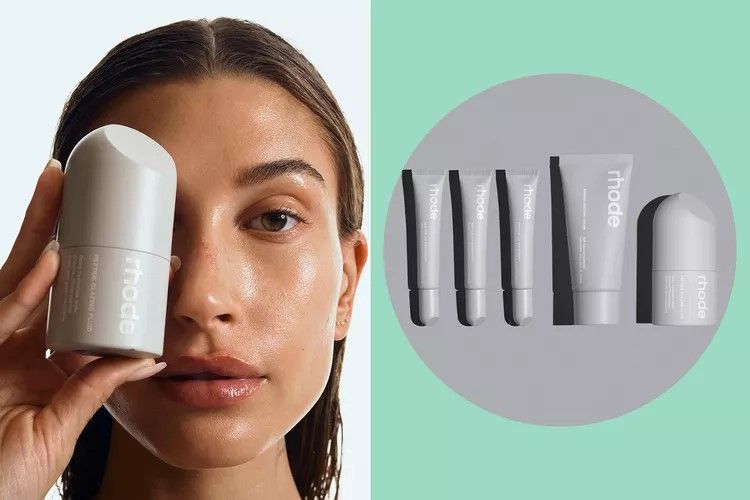While we are not experts on beauty products, this counterfeit pop-up saga is a fascinating case involving trade marks, counterfeit goods, and parallel imports – all under the lens of intellectual property law.
Some background

*Image credit: Photography by Stevie Dance
Earlier this month, a luxury pop-up store appeared at Mall of Africa, purportedly selling Hailey Bieber's Rhode Beauty products. The excitement was palpable as influencers shared their purchases and unboxing online. However, things quickly took a turn when consumers began noticing discrepancies between the products sold and genuine Rhode merchandise, leading to growing suspicions about the store's authenticity.
Legal issues
This situation touches on several key IP issues:
- Counterfeit goods: Unauthorised imitations of genuine products designed to deceive consumers with fake branding. In this case, the pop-up store may have sold counterfeit Rhode products, putting consumers and the brand at risk.
- Parallel imports: While selling genuine products imported without the brand owner's consent (parallel imports) is legal in South Africa, sellers must disclose the products are not authorised by the brand. If Beutessa failed to do this, they could be violating consumer protection laws.
- Trade mark infringement: Rhode, despite not being registered in South Africa, is a well-known brand and could be protected under local law. Unauthorised use of the brand may result in infringement claims.
The dangers of counterfeit goods
Counterfeit goods, whether beauty or food products, can cause serious harm to consumers as they often lack the quality controls of genuine products. For example, counterfeit beauty products may contain harmful chemicals that can cause skin reactions or infections, leading to physical harm.
The fallout
After social media users uncovered the truth, Rhode confirmed they had no connection to the pop-up, and Mall of Africa shut it down. Consumers who purchased products were left disappointed, and if counterfeit goods were sold, Beutessa could face serious legal consequences.
The conclusion
This story is a stark reminder for consumers and businesses alike to verify authenticity before making purchases. When it comes to luxury products and IP, protecting your brand and trust is paramount.
In the fast-moving world of intellectual property, staying vigilant helps prevent costly legal battles and consumer scams.
The content of this article is intended to provide a general guide to the subject matter. Specialist advice should be sought about your specific circumstances.


